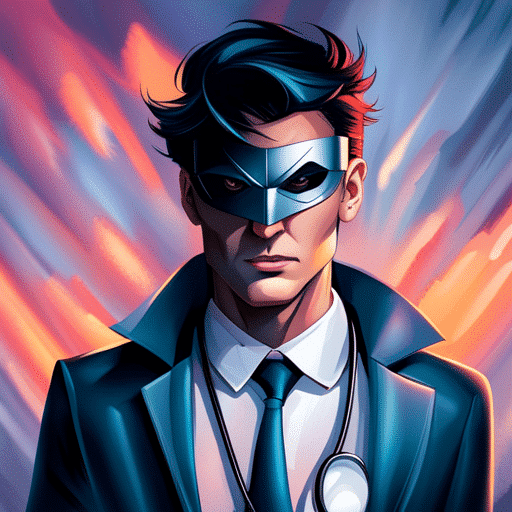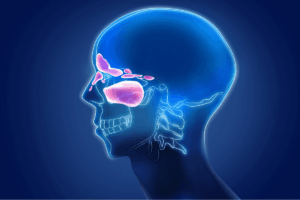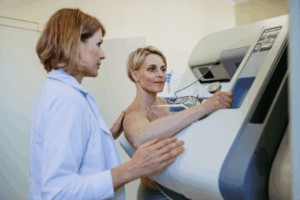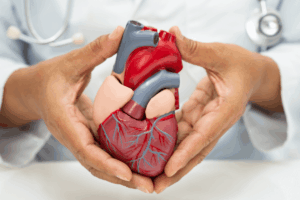
Burnout is a prevalent phenomenon affecting approximately 63% of physicians, with multifactorial causes including excessive workloads, sleep deprivation, and neglecting self-care. However, one significant contributor to burnout that often goes unnoticed is social media.
How does social media use contribute to burnout?
While we may turn to social media as an escape, it begs the question: is more screen time really what we need? How does social media contribute to burnout? The truth is, social media can be a time vacuum, and time is our most valuable resource—it cannot be replenished. Are we utilizing this resource wisely when we spend excessive time on social media? The reality is that social media can exacerbate underlying fears, self-doubt, skepticism, and negativity, which is detrimental to physicians already experiencing burnout symptoms. Every moment spent on social media is a trade-off, sacrificing time that could be allocated to our mental and physical well-being. Allowing others on social media to shape our perceptions of life, politics, and overall well-being is unwise, even for mature minds.
Social media is a double-edged sword.
Undoubtedly, social media is a double-edged sword. Platforms like Twitter, Facebook, Instagram, and LinkedIn were initially intended to facilitate social interaction and foster global community building. However, they have proven to be a mixed blessing. On one hand, social media can positively impact our lives by entertaining us with funny cat videos or reminding us of important occasions like Mom’s birthday. On the other hand, it accelerates feelings of anxiety, hopelessness, loneliness, envy, and anger due to unsolicited online voices.
Social media does not just affect teenagers.
Contrary to common belief, social media’s negative impact is not limited to teenagers. While much attention is given to how social media affects the mental health of adolescents, it is essential to recognize that adults are not immune to its perils. We may believe we have the power to disengage from or avoid anything that harms our mental well-being, but do we actually do so? There exists a “knowing-doing” gap—a disparity between what we know we should do and what we actually do.
Social media is accelerating physician burnout.
In the case of physicians, social media is contributing to the acceleration of burnout. Burnout in the workplace is characterized by emotional exhaustion, cynicism towards work, and a diminished sense of accomplishment. While some physicians turn to social media to discuss their burnout experiences with virtual friends and acquaintances, it is plausible that this very act is exacerbating their burnout. Instead of offering a therapeutic or calming effect, social media often fuels negative thoughts about oneself and the medical profession. The posts and comments we encounter on social media may further worsen our underlying feelings of burnout. It is high time we recognize the profound impact of social media on our overall well-being.
Mindless scrolling on social media is far from refreshing to the mind; it often has the opposite effect. It negatively influences our thoughts and traps us in a vicious cycle of negativity. Although social media can be a tool to fill time, it is more often a tool to waste time. There is a distinct difference between wasting time and allowing ourselves to have downtime, where we can truly relax and recharge our minds. Consequently, the impact of social media on our mental well-being is profound.
To illustrate, here are five elements of social media that can accelerate physician burnout:
- Comparisons: social media encourages us to compare our lives to the seemingly perfect lives of others. We see individuals excelling at side hustles, enjoying ample family time, and embarking on luxurious vacations. Believing that these posts represent reality can lead to feelings of inadequacy about our own lives. However, it is crucial to remember that these posts likely do not capture the complete picture, and comparing ourselves to a social media facade is neither realistic nor fair.
- Negativity: social media provides a platform for people, including physicians, to vent their frustrations about life and the healthcare system. Constantly dwelling on these negative posts can trigger a downward spiral of negative emotions.
- Fear of Missing Out (FOMO): social media amplifies the fear of missing out. By abstaining from excessive social media use, we can easily avoid succumbing to FOMO and the accompanying negative emotions.
- Cyberbullying: Online platforms can be breeding grounds for cruelty and cyberbullying, even within the medical community. Negative interactions can leave us feeling inadequate and ashamed.
- Addiction: Like teenagers, adults can quickly become addicted to social media. This addiction disrupts our daily routines and sleep patterns, significantly impacting our mental health.
To break free from the negative impact of social media, it is crucial to spend our time differently. Instead of mindlessly scrolling, taking short breaks every hour to engage in other activities can help reset our minds. This may involve climbing stairs or stepping outside to appreciate nature. Repurposing this time can provide critical moments of solitude throughout the day. While it may not solve systemic issues or alleviate workload pressures, it is a simple choice we can make for ourselves, starting today.
Conclusion
It is imperative for physicians to take a break from social media. While it offers many benefits such as information, entertainment, and connection with friends, we must acknowledge its potential negative effects on our well-being. Every time we choose social media, we are choosing not to do something else, so we must carefully consider if it is the best use of our time. By reducing our social media usage, we can safeguard our mental and emotional well-being, ultimately helping to mitigate burnout. It is time to address the impact of social media on physician burnout and make conscious choices to protect our well-being.
















